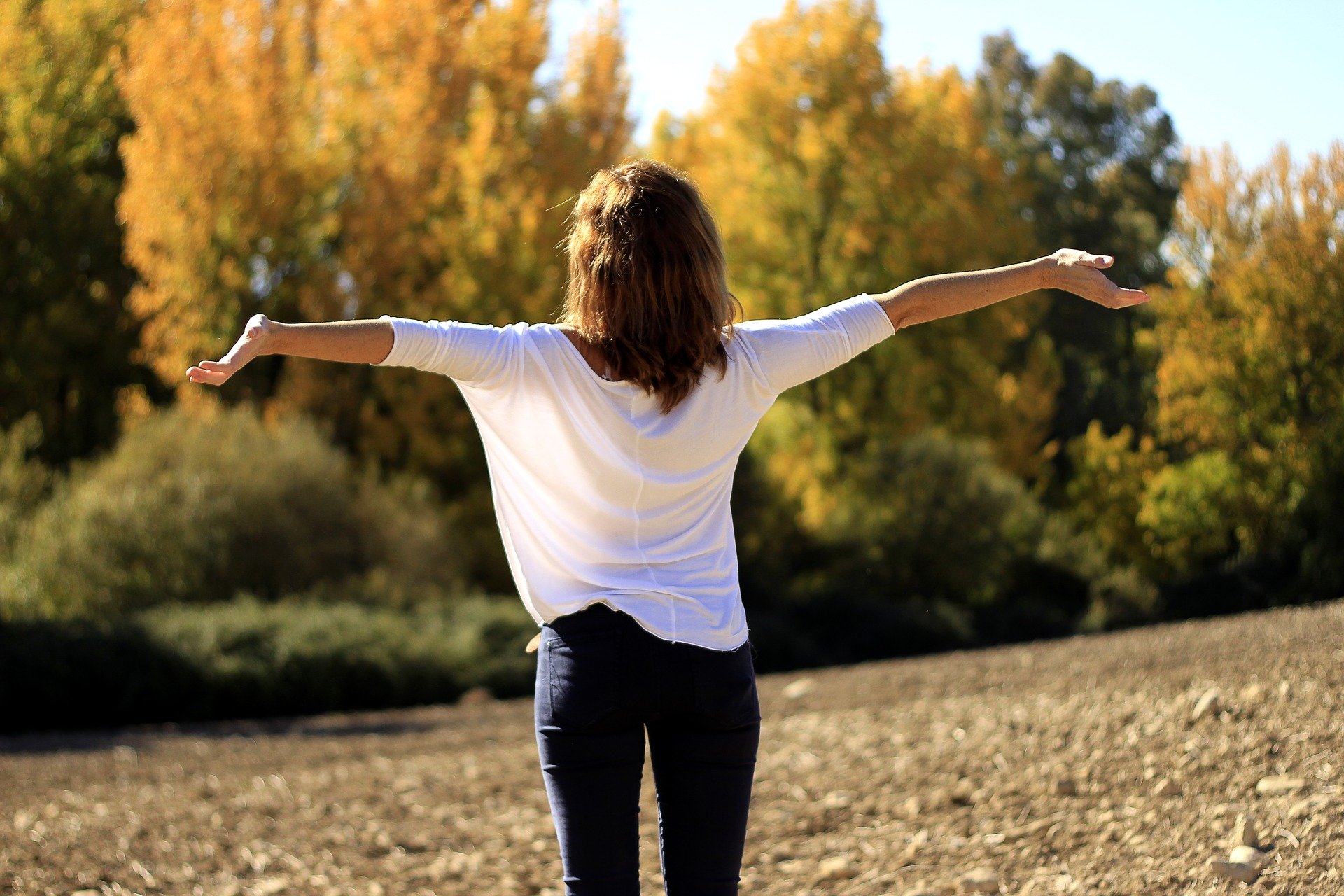Offering shelter to victims of domestic violence and abuse
Hope’s Door Offers Virtual Mindfulness Group

In May, Hope’s Door Counselors Alexa Kauffman and Maria Castiglia developed a new group centered on the practice of mindfulness. The inspiration for the group came from Alexa’s own experience with mindfulness.
Alexa explains, “Throughout my education, I learned how mindfulness, which is simply noticing the world with intention and without judgment, is embedded in so many cognitive therapy modalities that work with individuals who have lived through trauma. Often after a traumatic experience, individuals may not be able to release themselves from the outcome of their bad experience. They may begin to judge their life, and themselves, almost exclusively by the negativity of the trauma narrative. Mindfulness allows for acceptance of the trauma (‘yes, this happened’), but also works to help release the judgments that follow it (‘just because I experienced this, does not mean I am bad and/or everyone is out to harm me’).”
During this time of uncertainty and stress related to the Coronavirus, and for the safety of all Hope’s Door staff and clients, we are providing the new mindfulness group, as well as all of our other counseling and legal services, virtually.
The Mindfulness Group sessions are forty minutes long and occur once a month. During those forty-minutes, participating survivors are encouraged to follow along with a guided breathing or imagery exercise. The goal of each exercise is to help survivors to connect to their own mind and body.
“One of the most important aspects of mindfulness is connecting to your breathing,” explains Maria. “If you ever watch an infant breathe, the rise and fall comes from their stomach. As we grow, there comes a shift where we no longer breathe with the natural, calming rise and fall of the belly and instead begin to breathe from the chest. One of the first things we focused on during group, was revisiting how to take deep, calming breaths from the stomach. Breathing from the stomach activates the parasympathetic nervous system and allows the body to slow itself down.”
So far, the group has covered mindful breathing, a physical relaxation technique known as a body scan, as well as visual mindfulness practice surrounding ‘light’. “During this visual practice, we asked clients to visualize the air they brought into themselves as light, while being mindful of where in their body the light moved to. We then asked them to visualize the light extending out through their fingers and growing larger around them, ultimately surrounding them – as if they were getting hugged by it,” said Alexa.
The pandemic has brought added stress to almost everyone, but we’ve noticed a high increase in stress for victims of abuse due to a multitude of reasons, the primary one being trapped at home with their abuser. “Developing a mindfulness group during this incredible time offers a great tool for survivors to help them manage stress caused by trauma they are experiencing or have experienced in the past,” said Maria.
Sometimes trauma survivors never find a moment of peace. This feeling can be exacerbated due to a lack of many of the usual escape opportunities, like driving children to school or going to work, church or temple. “Mindfulness is a practice that people believe they need to ‘take time’ to do,” says Alexa. “I wanted to help our clients, who might not get peaceful ‘alone’ time, understand that by focusing on their breathing, if only for just a moment, they can easily calm their mind and body. I hope learning mindfulness practices can help victims to believe that peace is possible and that they can create it on their own, just with their breath.”
Maria adds, “Mindfulness can be practiced in moments of stress as a calming mechanism, but can also be used throughout the day as a general self check-in and relaxation tool. As survivors grow comfortable and confident in recognizing the connection between their own breath, body and flow of thoughts, it helps re-establish a sense of control and autonomy over their own body, which can be incredibly empowering.”
Learn more about Hope’s Door’s programs and services.
If you or someone you know is experiencing domestic violence, please call our 24/7 free and confidential, bilingual hotline at 888-438-8700.





